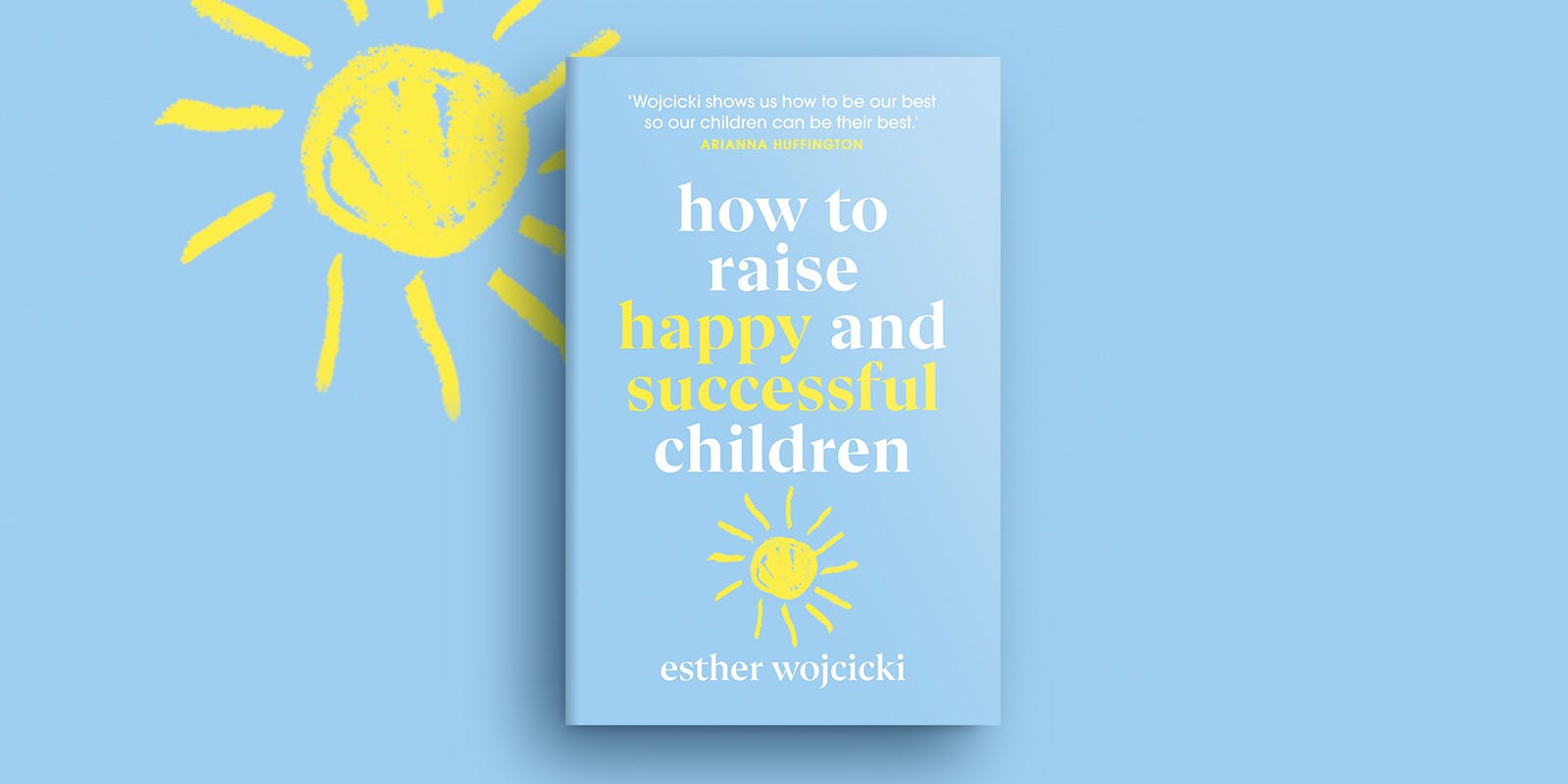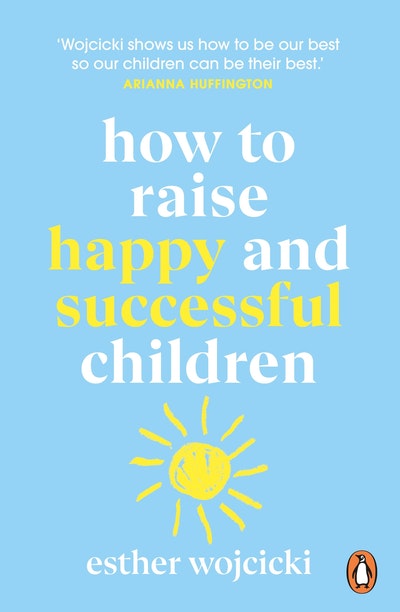How to Raise Happy and Successful Children author Esther Wojcicki outlines how your kids can write their own rules around screen time.
Yes, we all make mistakes, especially kids, but you know what? Kids often come up with the best solutions – even better than yours. A few years ago my whole family – including all nine grandkids – went on a vacation to an absolutely beautiful resort in Napa Valley called Carneros. There were all kinds of activities for the kids. The only problem was that the kids were constantly on their phones. All parents know what it feels like to show your children something special only to have them glued to a device. It can drive you mad.
Some of my family members thought the best option was to confiscate the phones. That’s what Rio de Janeiro and the whole country of France decided to do in their schools. In 2017, the French government announced that phones would be banned in all elementary and middle school classrooms. Though I agree with studies that show phones should be banned in elementary schools, I don’t believe in confiscation for older kids, because technology provides a perfect way to teach them self–control. If we try to ban something, it only makes people want it more. Remember Prohibition?
I decided to talk to my grandkids. ‘Why don’t you come up with a plan for how we should regulate these phones?’ I said. You should have seen them light up when I suggested that they make the decision. They huddled together, talked about it, fought about it, and finally came up with a plan. Do you want to know what they decided? To ban phones all day long, from 9am to 9pm! Can you believe that? It was way more restrictive than I would have proposed, and we all followed the choice they made for themselves.
Tech is one of the things parents ask me about the most. They’re right to be concerned. A 2017 study found that both depressive symptoms and the rate of suicide increased in parallel with adolescents’ screen time.1 It’s a crisis, and it’s something we all have to learn to control. To that end, I hope it helps to share my Ten Commandments for Tech:
1. Set up a plan with your kids, not for your kids.
2. No phones during meals, whether in your house or someone else’s. A 2018 study found that subjects who used their phones during dinner felt more distracted and experienced less enjoyment.2
3. No phones after bedtime. Children need to sleep, and phones are a distraction. Explain the critical importance of sleep for their brain development, and remind them that they grow when they sleep.
4. Use your discretion with small children. Younger kids, starting at age four, should be taught to use cell phones in case of an emergency. Show them how to call for help – they’re smart and capable of learning. Starting in the third grade, children can be taught appropriate cell phone use for school assignments and at home.
5. Children should come up with their own cell phone policies for family vacations, weekend events, or any kind of social activity where they need to be present. Be sure they also choose a penalty for disobeying their own policy (losing a certain amount of time on a device is a good way to teach them how to stick to the rules).
6. Parental controls can be important for young children. But after eight years of age, kids can learn self-control. If they violate your trust or your agreement, the parental control switches back on.
7. Parents should model how they expect their kids to behave around technology. I have seen parents on their cell phones nonstop, and they call that ‘family time’. That is not family time.
8. Discuss with your kids what pictures are appropriate to take and what audio is appropriate to record. Sometimes kids lack common sense. Explain that whatever you do online (in written form or any type of media) leaves a digital footprint that you should be proud to share with the world.
9. Explain cyberbullying and help them understand its negative impact not only on others but on them. You never know what kids think or consider funny. Teaching children what defines humor is hard, but it’s important. My rule: Laugh with your friends, not at them.
10. Teach kids not to give out personal identification information.
1. Jean M. Twenge et al., ‘Increases in Depressive Symptoms, Suicide-Related Outcomes, and Suicide Rates Among U.S. Adolescents After 2010 and Links to Increased New Media Screen Time’, Clinical Psychological Science 6, no. 1 (2017): 3–17 (http://journals.sagepub.com/doi/abs/10.1177/2167702617723376journalCode=cpxa, accessed October 22, 2018).
2. Ryan J. Dwyer et al., ‘Smartphone Use Undermines Enjoyment of Face-to-Face Social Interactions’, Journal of Experimental Social Psychology 78 (2018): 233–39 (https://www.sciencedirect.com/science/article/pii/S0022103117301737#!, accessed October 22, 2018).














